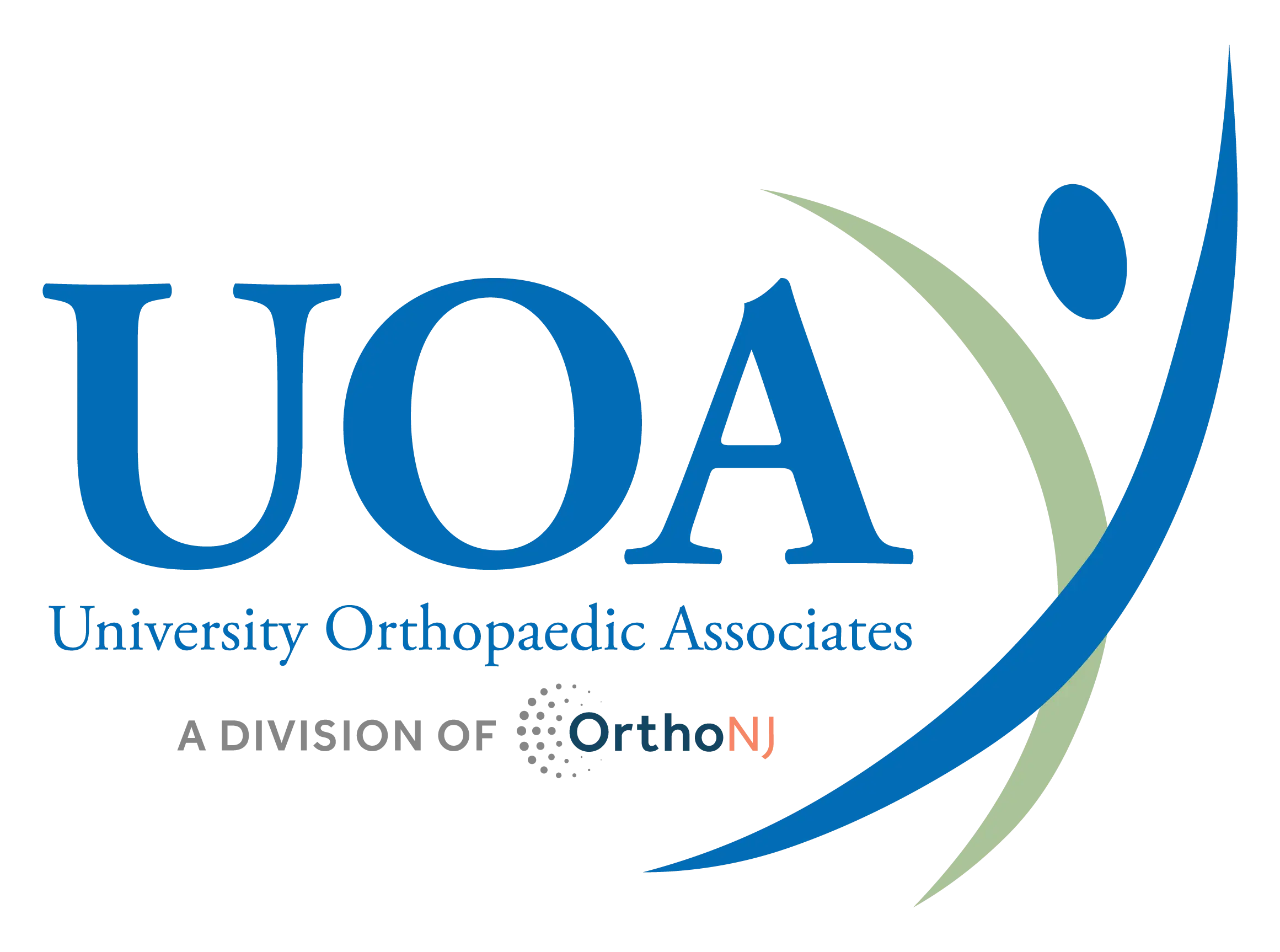
In 1976, Dr. Joseph Zawadsky, founding member of University Orthopaedic Associates, started an orthopaedic residency at UMDMJ, now Rutgers Robert Wood Johnson, medical school.
At the time, three orthopaedic residents a year would learn under the watchful eyes of members of the UOA staff. The program has progressively grown in the passing years from four to now twenty residents annually. Dr. Joseph Leddy was Dr. Zawadsky’s successor and with Dr. Leddy as chairman, orthopaedic surgery became a separate department at the medical school. Dr. Charles Gatt has been serving as the chairman since 2003.
As UOA has expanded the number of surgeons in its practice, it has maintained a high level of certification and credentials for each doctor. This commitment to excellence places the group on the top tier of orthopaedic practices. One of the qualities that is expected of prospective surgeons is a dedication to teaching. Each doctor is required to impart their knowledge onto the next generation of orthopaedic surgeons. Teaching at the medical school is done on a volunteer basis, ensuring that the doctors are doing it purely out of the passion to enlighten residents.
The Next Generation of Orthopaedic Surgeons
Having each member of the staff teach in addition to their other duties as doctors offers many advantages. Teaching the next generation of orthopaedic surgeons requires that each doctor is up-to-date with all of the latest technological and surgical advances. As opposed to relying on traditional surgical methods, UOA surgeons need to understand and evaluate all of the latest and most innovative techniques so that their residents will graduate with an understanding of how they are performed.
With a staff that is always teaching, scholarly activity is both encouraged and expected. UOA surgeons are very active in clinical research. Learning about and evaluating the safety and effectiveness of the latest techniques ensures that only the most clinically proven are taught to residents and used at UOA. Maintaining a scientifically inquisitive approach to teaching and practice enables surgeons to understand orthopaedics on the most intellectually sophisticated level.
When given the responsibility of educating residents, the professors must set an admirable example of how to interact with patients. The responsibility also includes continuing the search for and determining the efficacy of the latest scientific innovations.

